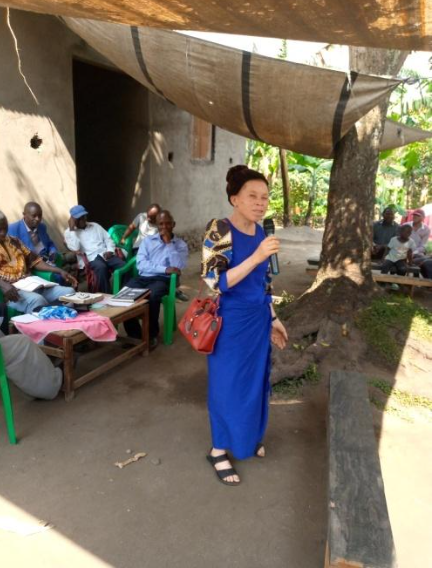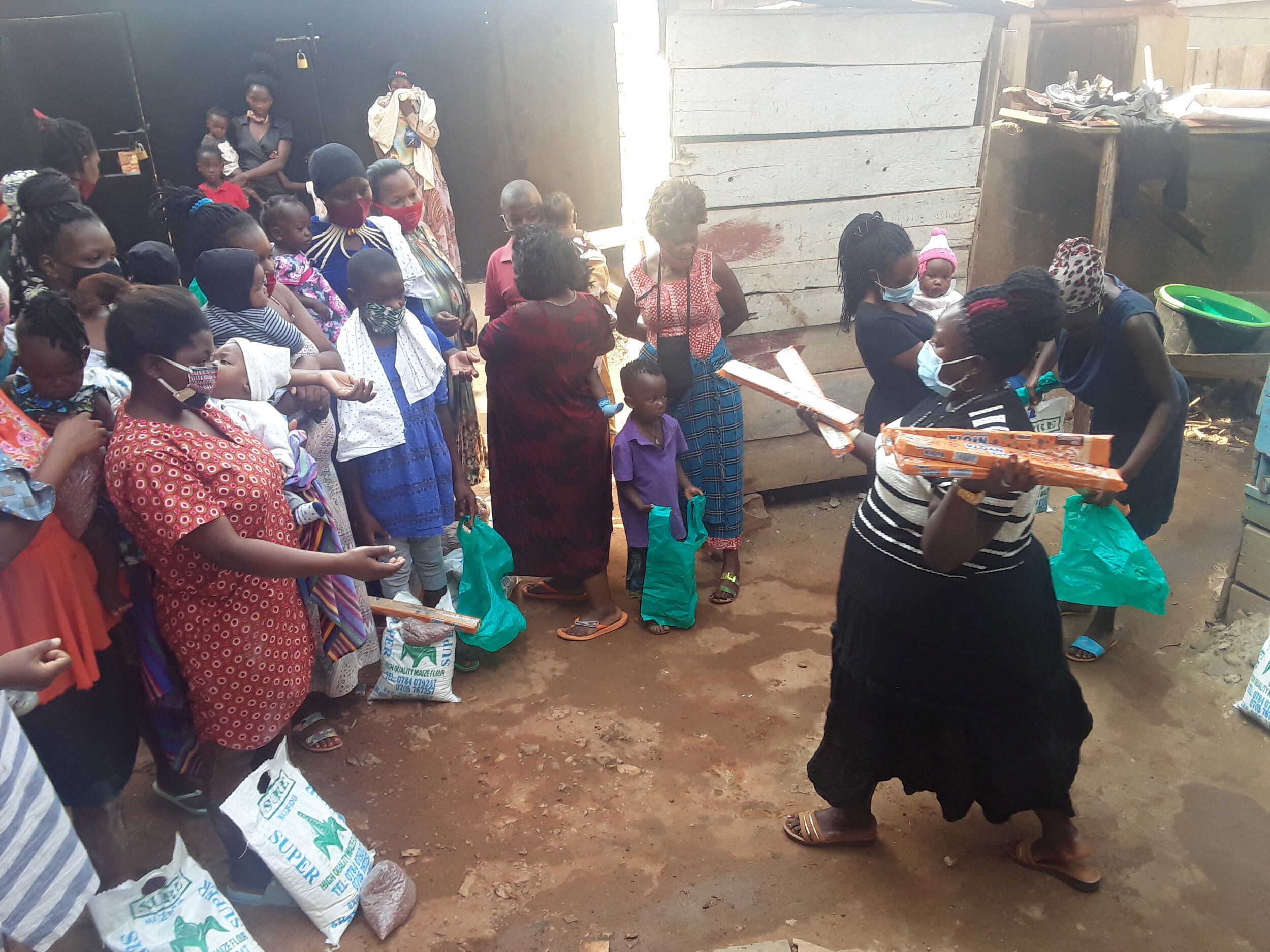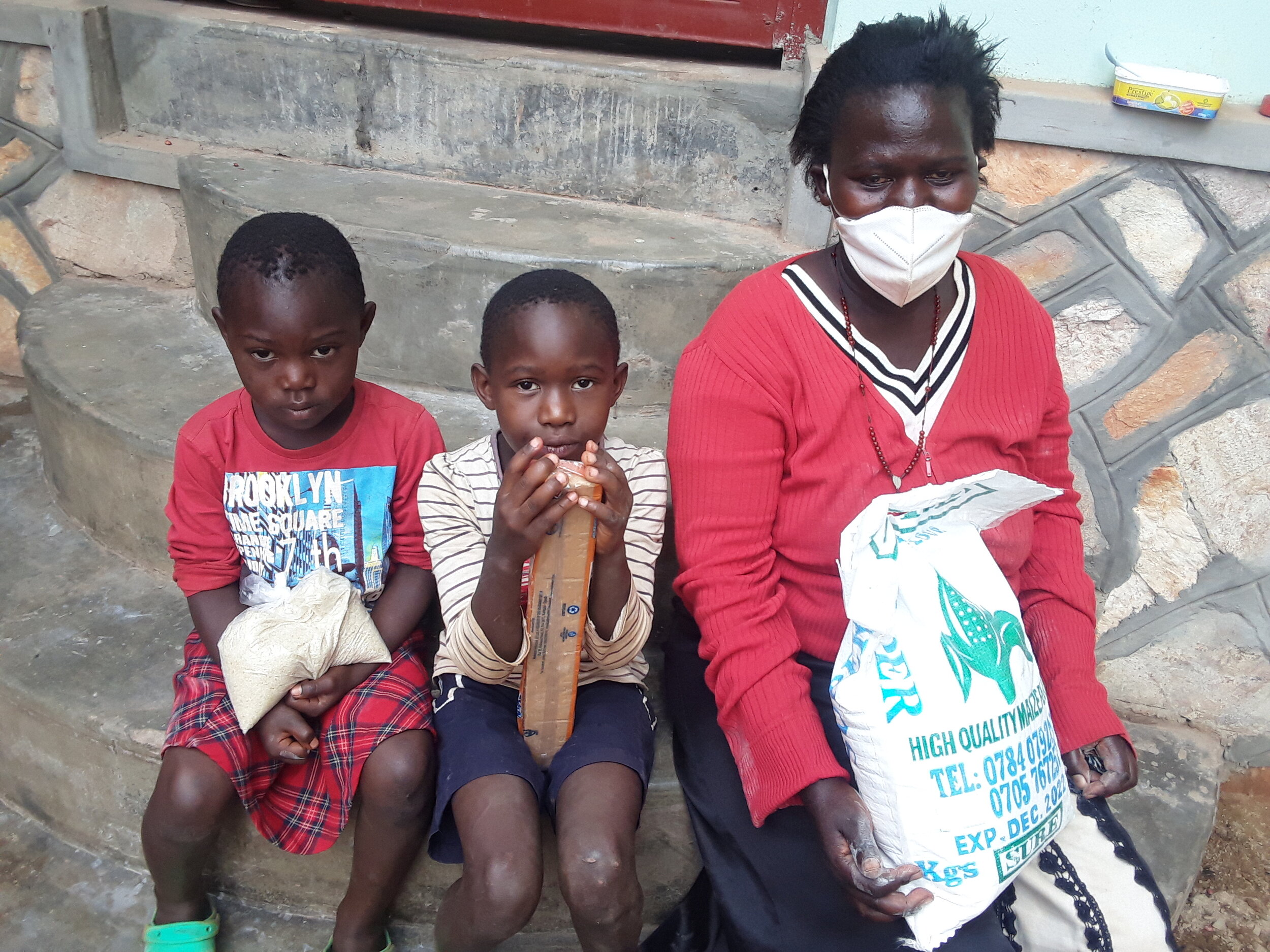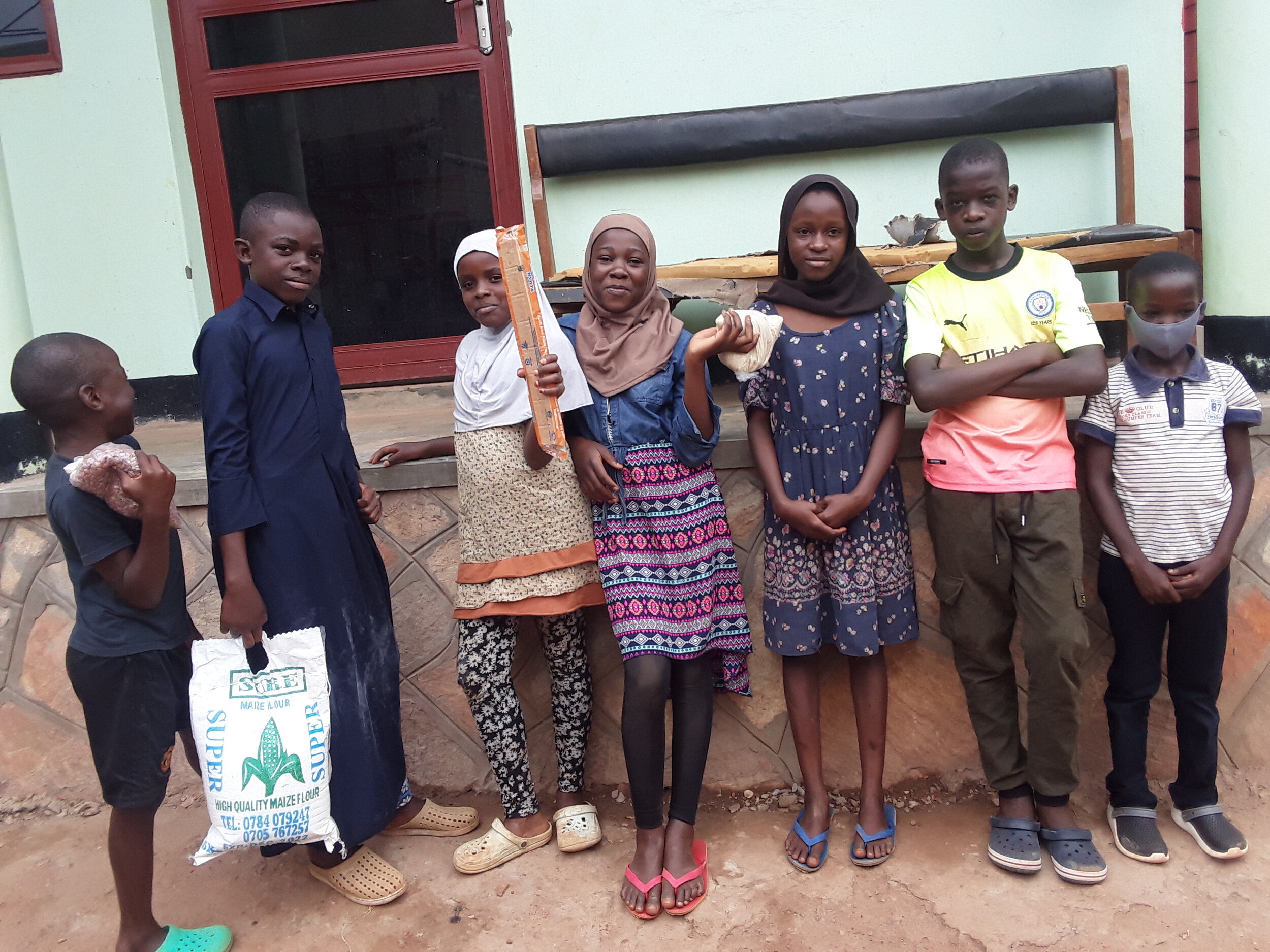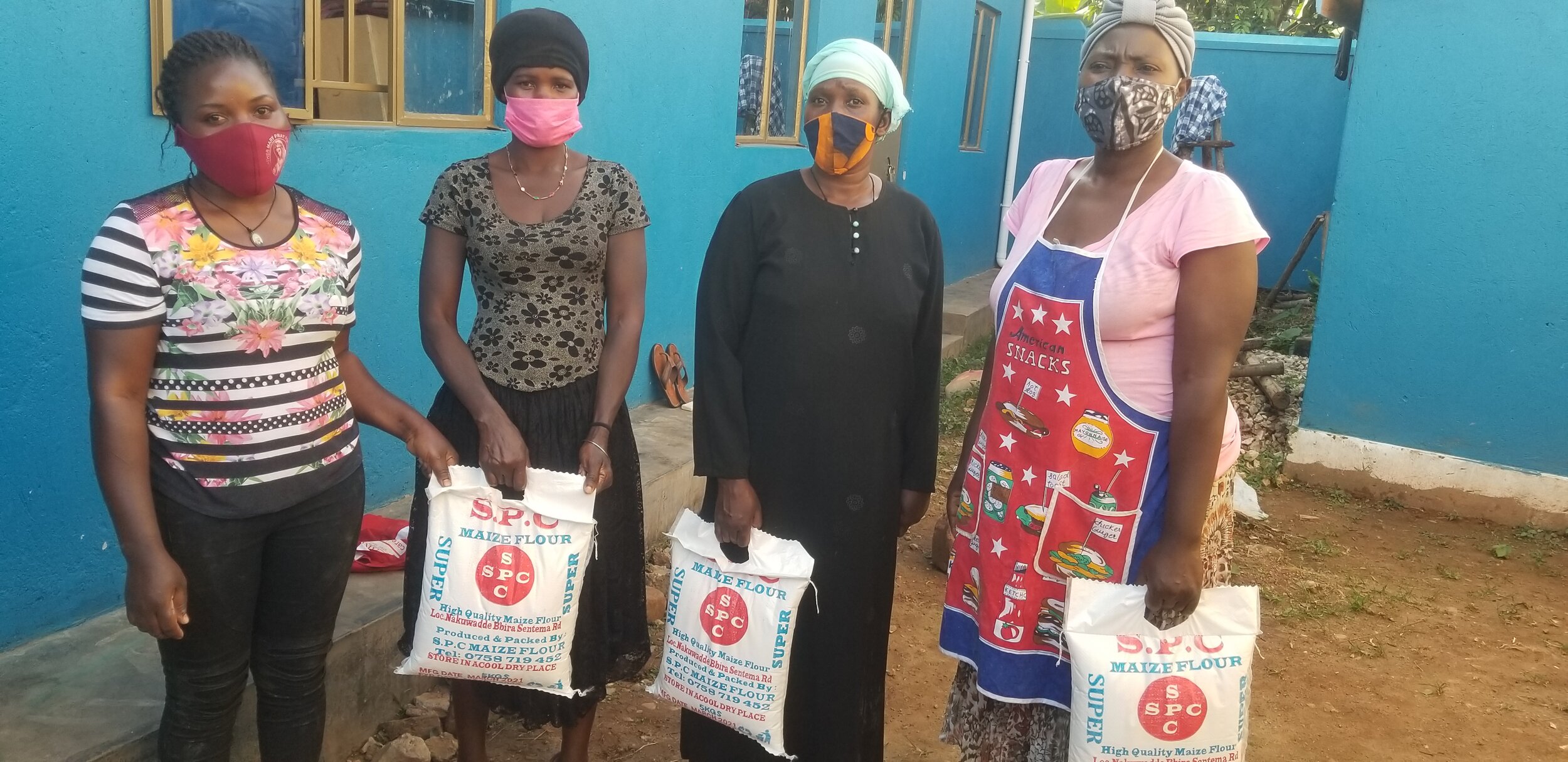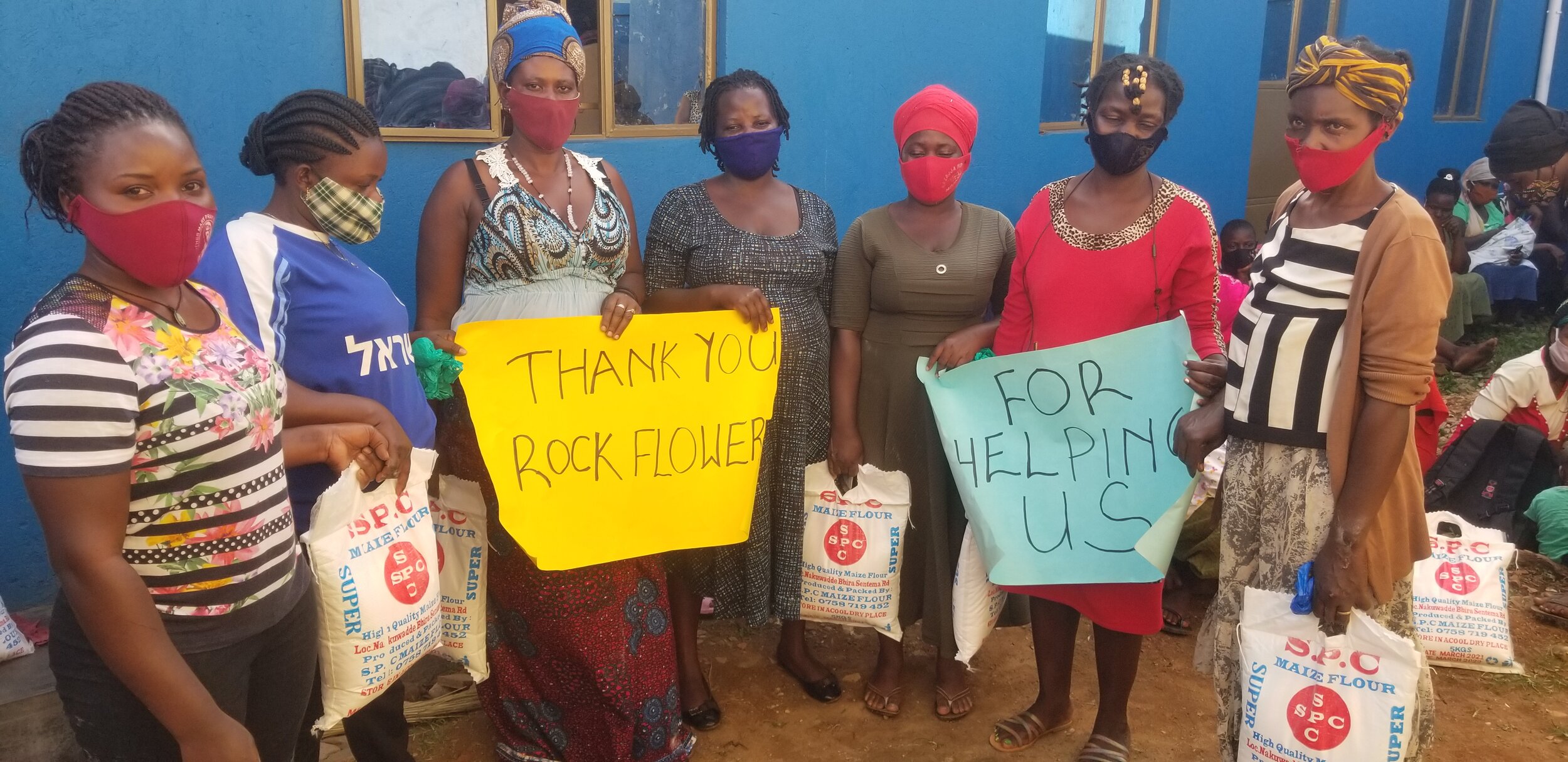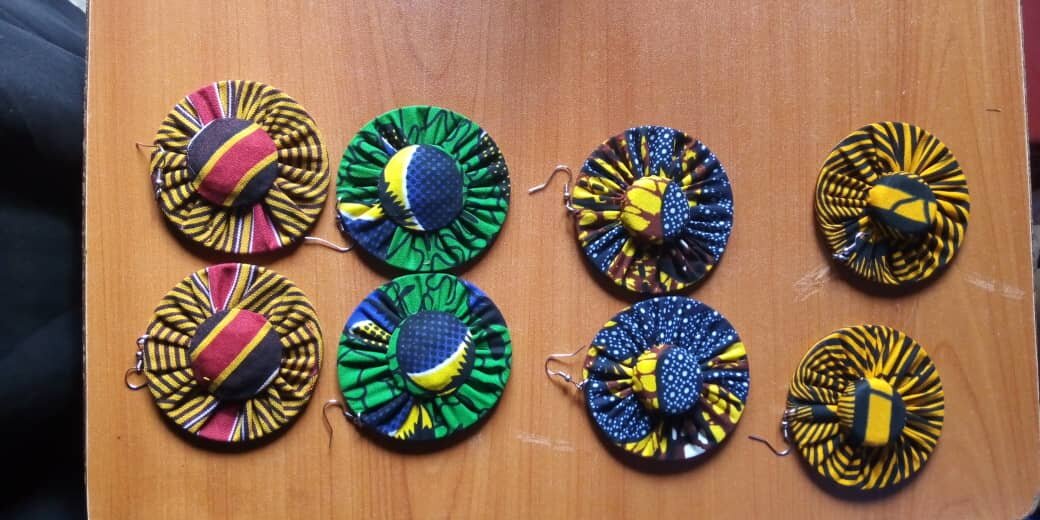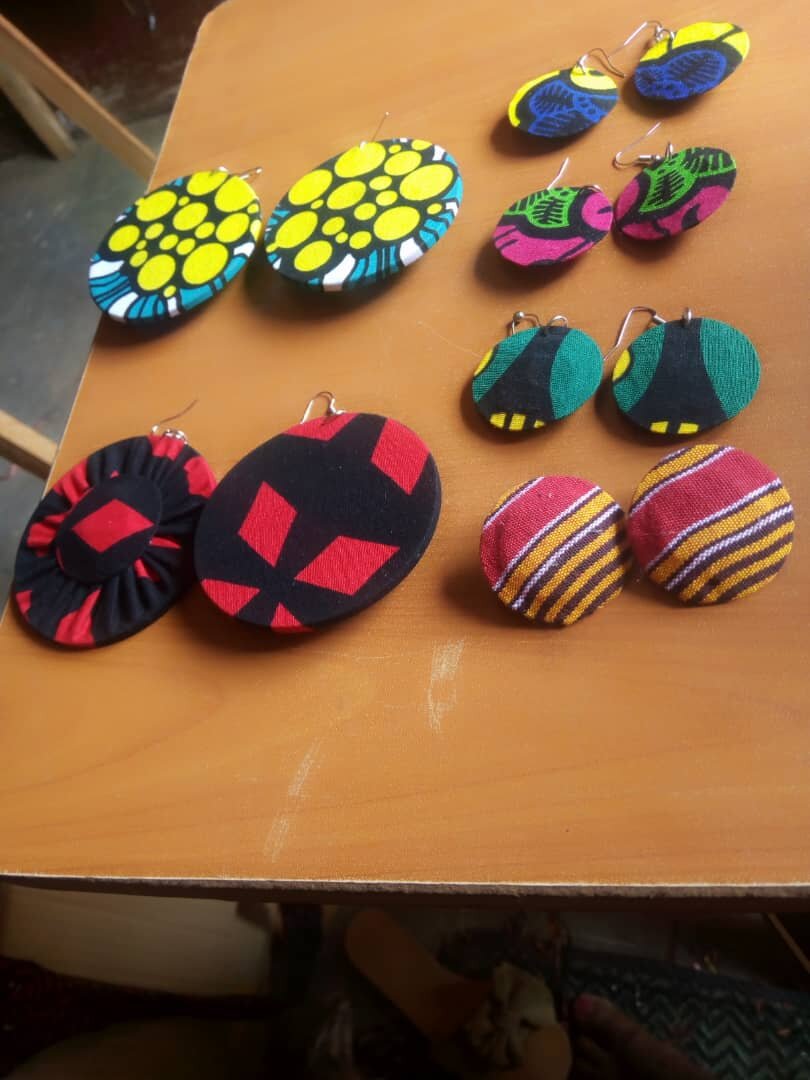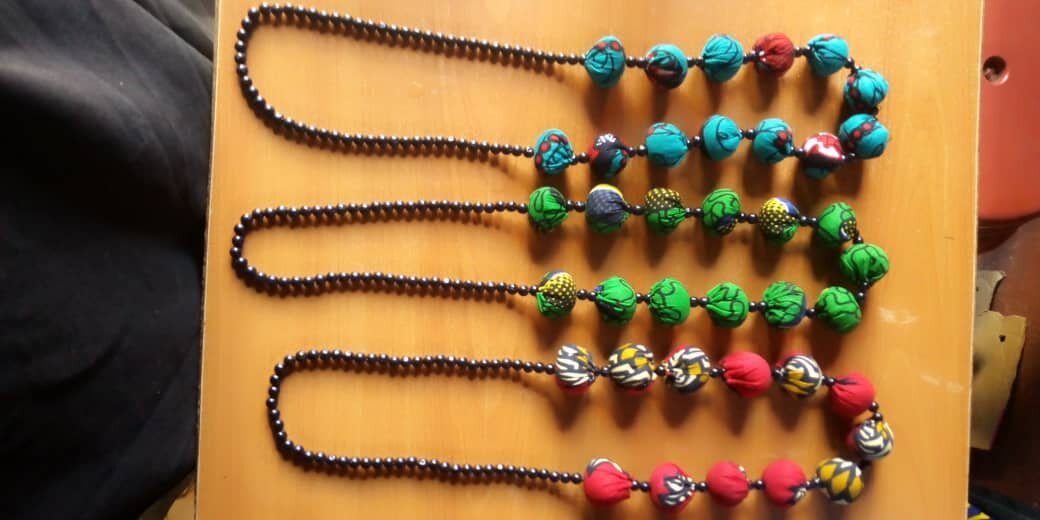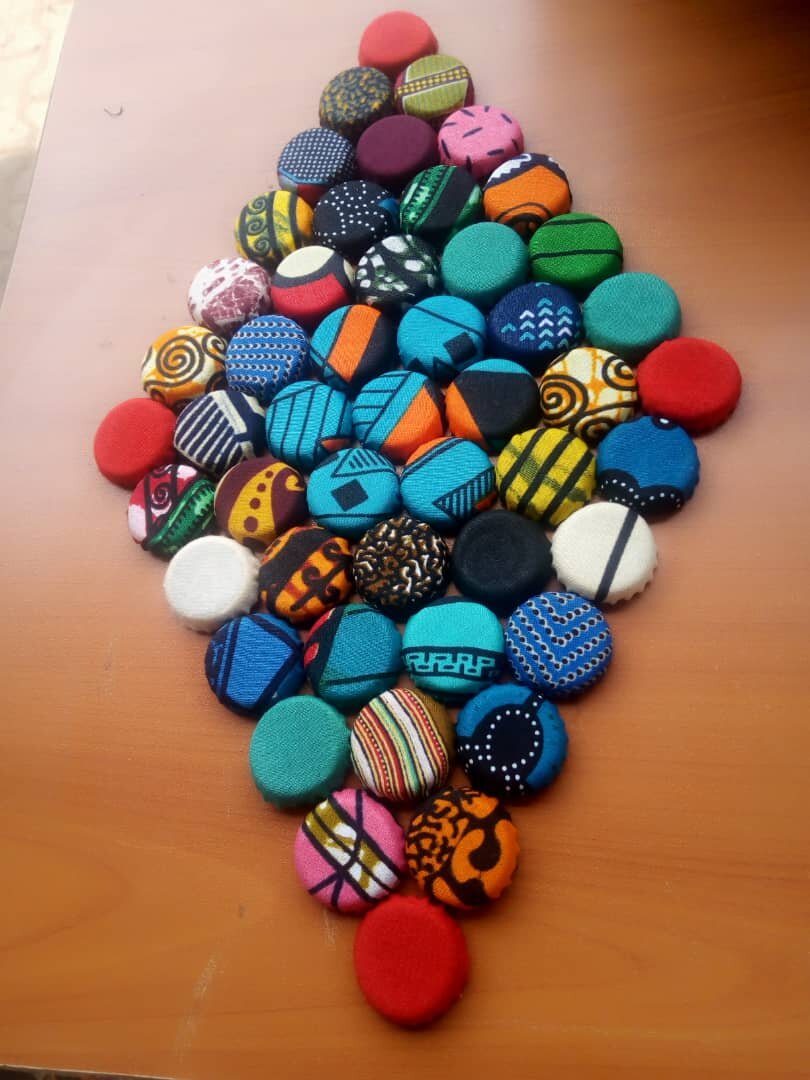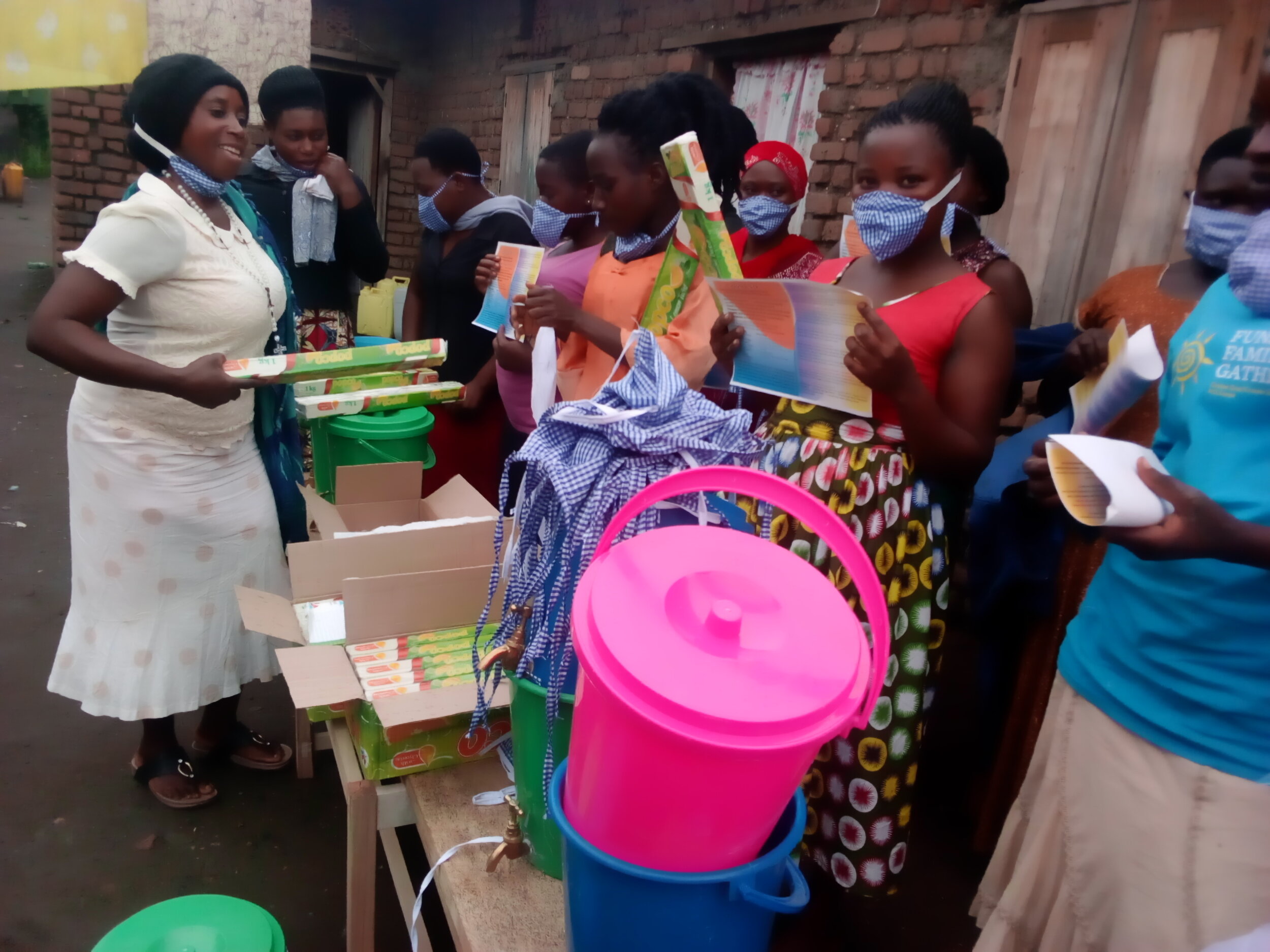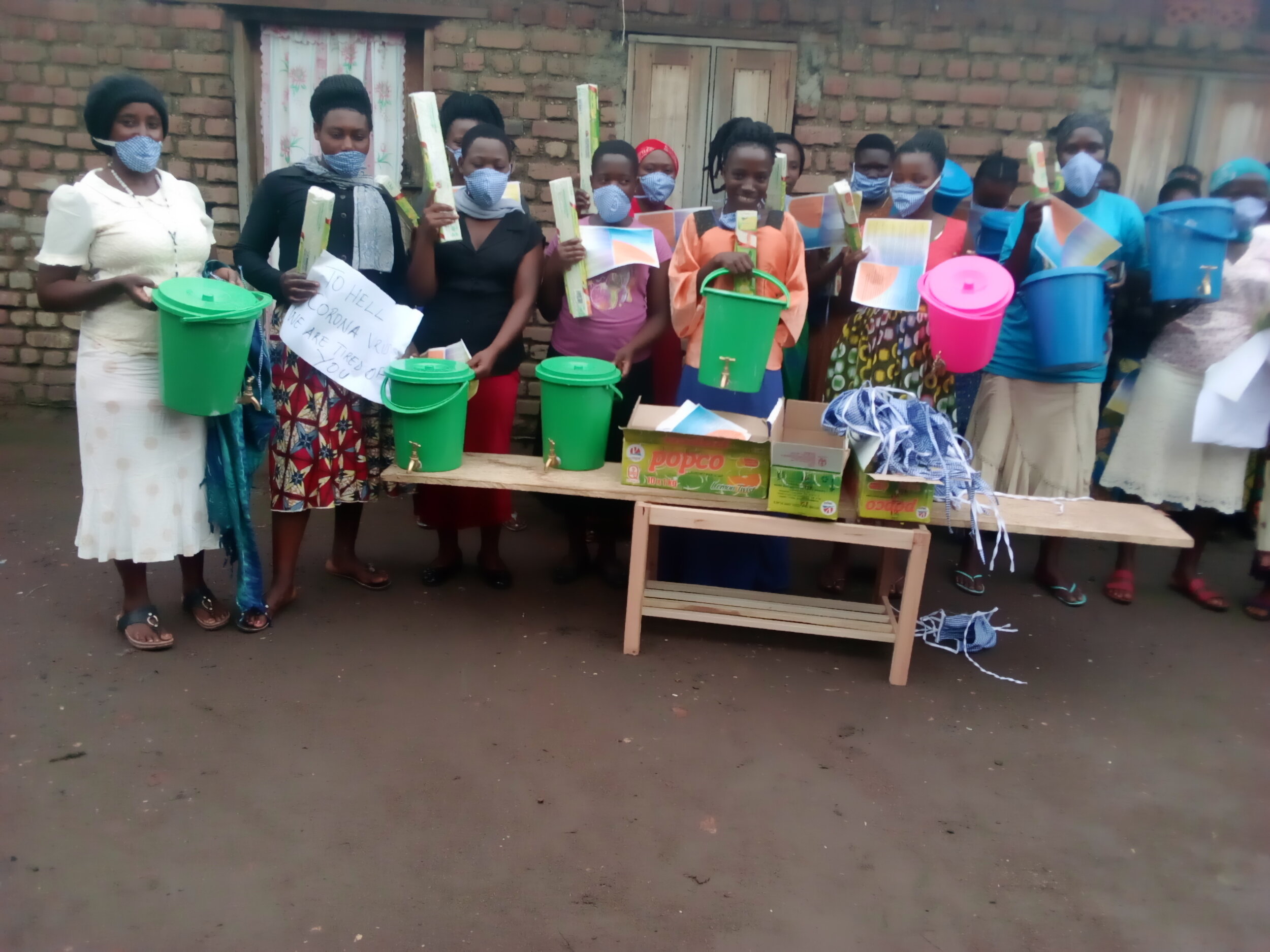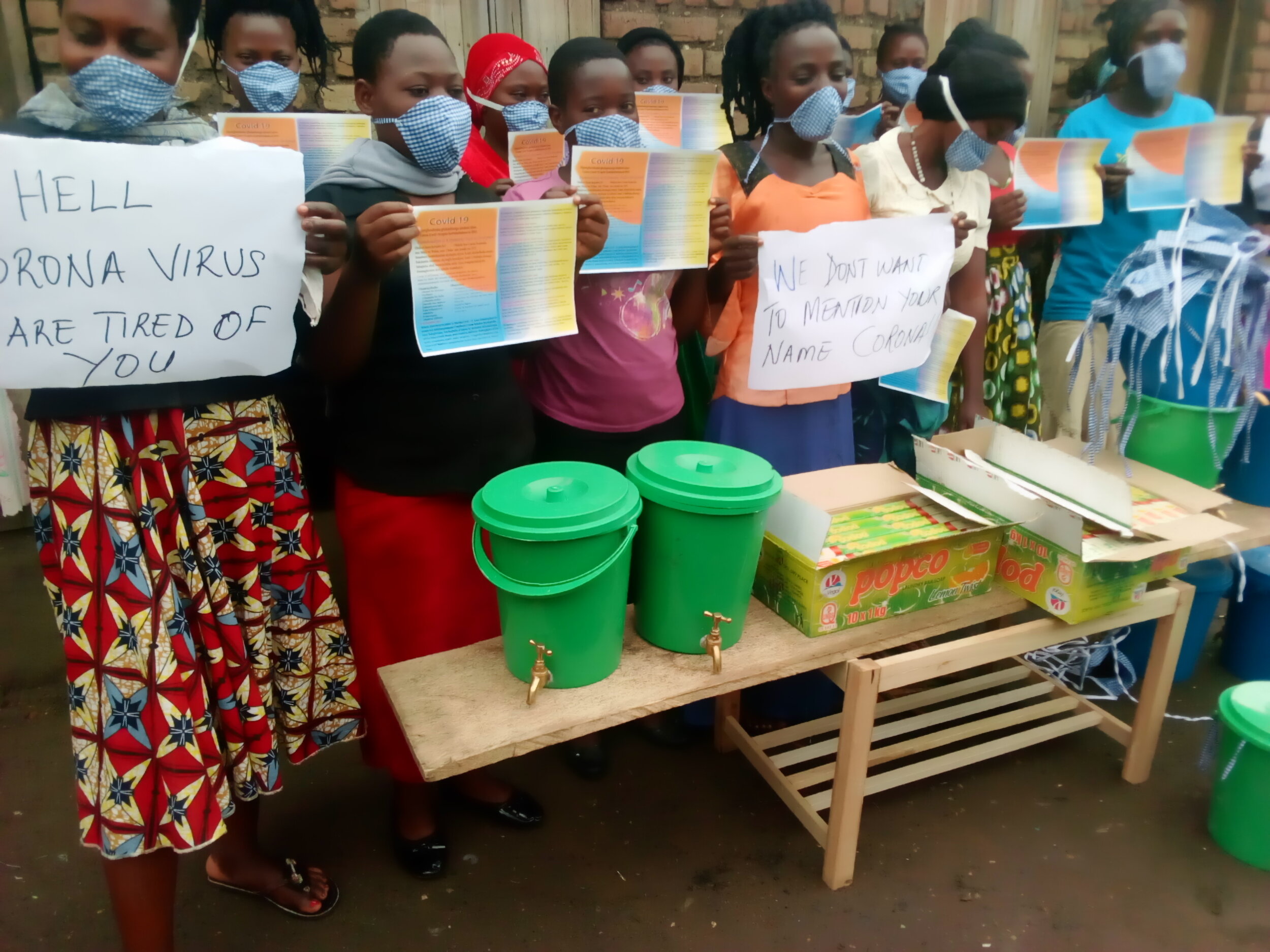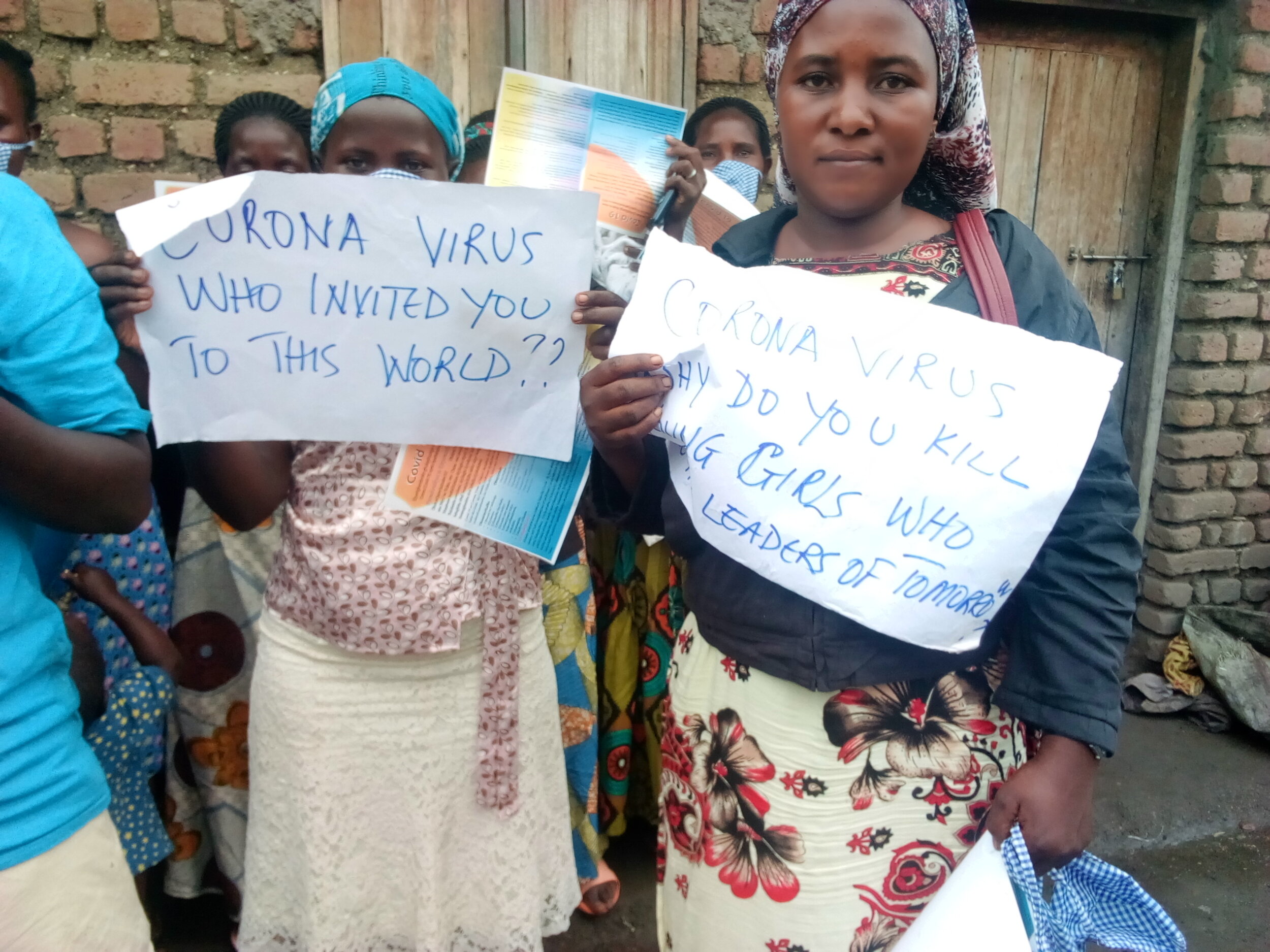Rockflower, in partnership with Kinyamaseke Youth In Development (KYID), proudly shares the impactful results of our collaborative project advocating for the rights and dignity of Albino individuals in Uganda. This transformative journey has been a testament to the power of community, advocacy, and resilience in challenging deep-rooted misconceptions and cultural norms.
From Darkness to Light: The Project's Journey
KYID embarked on a mission to alter the dangerous cultural norms and beliefs that alienate Albino people, often associating them with the supernatural and exposing them to severe risks. These societal misconceptions have often led to Albinos being chased for harmful practices that can include physical mutilation and even murder. Recognizing the urgency, KYID involved key stakeholders including legislators, politicians, local and cultural leaders, aiming to shift perceptions and advocate for the Albino community's rights.
Breaking Barriers, Building Bridges
Albinos in Uganda have faced isolation and discrimination, impacting every aspect of their lives—from education to healthcare. KYID addressed these challenges head-on, empowering Albino people to emerge from isolation and integrate into society.
It focused on:
Education and Advocacy: Training workshops were conducted for 80 individuals, including Albinos, their families, and community leaders, to highlight the challenges they have faced and explore legal and policy solutions.
Community Dialogues: Engagements with various stakeholders, including religious and traditional leaders, emphasized the need for inclusive policies and protective measures for Albinos.
Forming an Albino Association: Guiding Albinos to establish an organization, providing them a platform to advocate for their rights and receive essential services.
Impactful Outcomes and Lessons Learned
The project's success in improving the welfare of the Albino community in Uganda has been multi-faceted and deeply impactful. One of the most significant outcomes has been the cultural shifts initiated by the development of policy briefs by cultural leaders. These documents have played a crucial role in discarding harmful beliefs and practices that have long plagued the Albino community. By addressing these deep-rooted cultural issues, the project has laid the groundwork for more profound and lasting change.
Another key achievement of the project has been the increase in awareness about the challenges faced by Albinos. Leveraging local media, the initiative successfully amplified the voices of Albinos, bringing their stories and struggles to the forefront of public consciousness. This heightened awareness has been instrumental in educating the broader public about the rights and needs of Albinos, fostering a more inclusive and understanding society.
The importance of education in empowering the Albino community cannot be overstated. The project placed a strong emphasis on schooling for Albino children, working to sensitize educational institutions to their unique needs and challenges. This focus on education has opened up new avenues for these children, providing them with opportunities to break out of the cycle of poverty that has often confined them.
In terms of healthcare, the project has made significant strides in advocating for better access and services, particularly in the area of maternal health. This focus on healthcare accessibility has been crucial in improving the overall well-being and quality of life for the Albino community, ensuring that they receive the care and support they need.
The collaboration with human rights lawyers to defend Albinos against abuse and discrimination has also been a pivotal part of the project. This legal support has provided a layer of protection and advocacy for the community, offering a means to combat the injustices they often face.
Lastly, the project's initiatives for economic empowerment have been transformative. By equipping Albinos with income-generating skills and providing opportunities for self-reliance, the project has enabled them to become more independent and secure in their livelihoods. This focus on economic empowerment is not just about providing financial stability, but also about instilling a sense of dignity and self-worth in the Albino community.
Together, these outcomes and lessons learned have marked a significant step forward in the journey towards equality, respect, and a better life for Albinos in Uganda. The project's comprehensive approach has not only addressed immediate needs but also set in motion a series of changes that promise a more hopeful and inclusive future for the Albino community.


